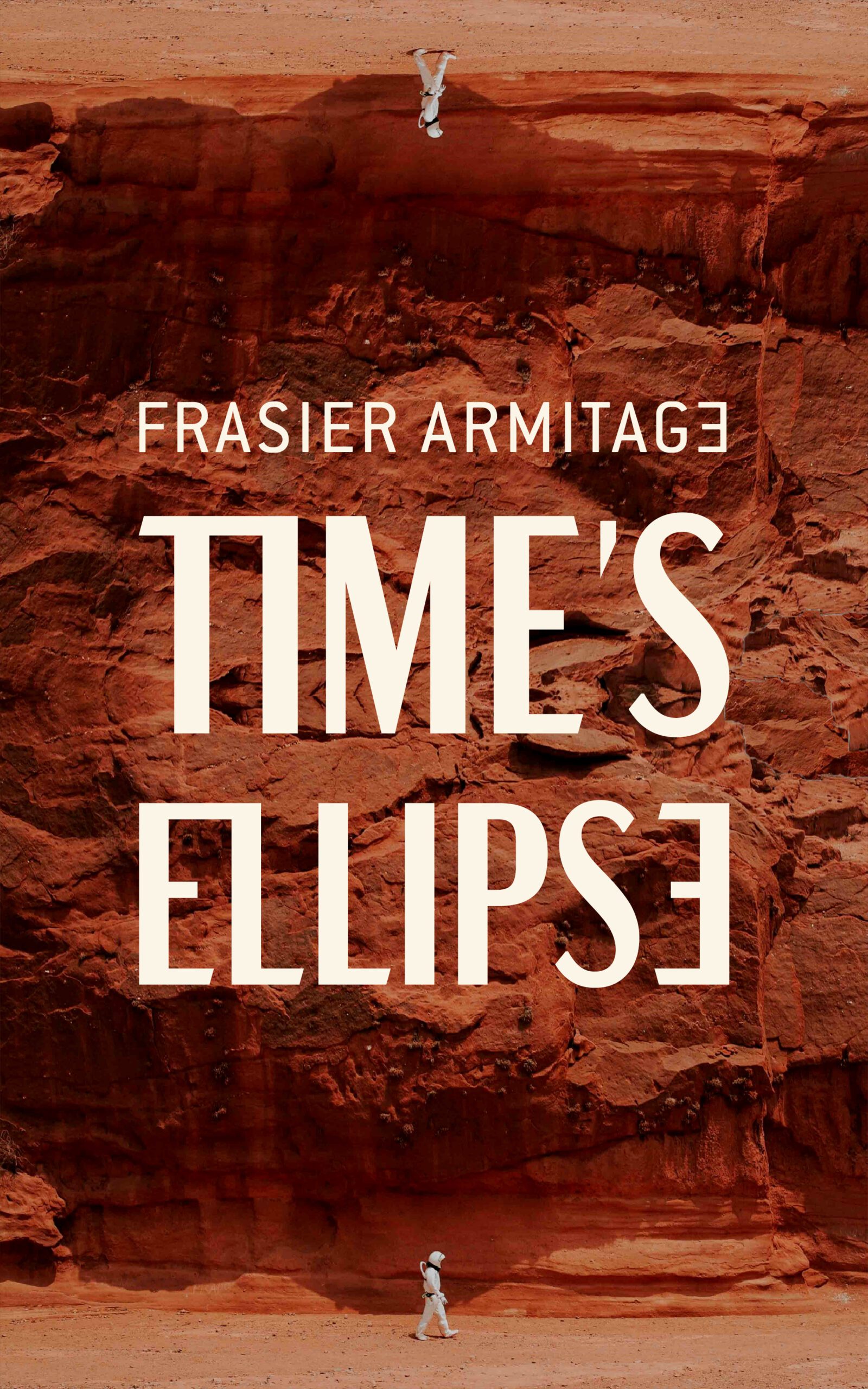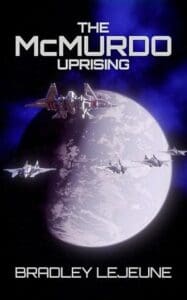
As The Doctor once said, it’s a timey wimey kind of thing
Summary
The hope of a dying Earth rests on a crew of astronauts. Their find a new home. But when they touch down on a distant planet, a time-bending anomaly traps them in a situation that no one could’ve predicted, causing them to question the nature of humanity, the snare of destiny, and the shape of time itself.
Review
Great sci-fi, perhaps more than any other genre, often hinges on the kernel of a mind-bending idea; one that challenges our conceptions of time and space and what it means to be human. The best of these ideas are so wild, so breathtaking, that they propel you through the story, and leave you feeling like you’ve explored the depths of what it means to be human. Well with Time’s Ellipse, indie author Frasier Armitage, already no stranger to sci-fi books featuring wacky, Nolan-esque tricks of time and space, has a real doozy. In the boldly original concept of orbital locking, Armitage has hit on a brilliant way to explore classic sci-fi themes of generational advancement, interstellar grief and isolation and what it means to be human far from home.
The book begins with a pretty generic set-up: six astronauts, experts in their respective fields, are chosen for a special mission: to travel to the nearest habitable planet (that isn’t Mars, Mars has not gone well so far) and use that as a base to observe the skies for proper planets that a dying Earth can colonise. So far so sci-fi. Where the bizarre curveball comes in is thanks to the abovementioned concept of Orbital Locking. I’m not going to pretend to understand it completely (I’m not sure it’s possible to understand it completely) and I’m not going to spoil your pleasure by giving the game away here, but what I will say is that the effects of it are very easy to understand even if the science of it is barmy, and they create an enormously fun and unexpected situation on this new, alien planet.
What spirals from this is a generational story of colonisation, scientific advancement, the joys and otherwise of making a new home far from Earth, and the innate grief that comes when basic concepts of time and space are played around with to a wacky extent. Armitage is astute enough to not just focus on the eccentric effects of his clever little time trick – though those are fascinating and enjoyably related by a grumpy mathematician character who provides a lot of the comedy – but also on the aspects of human grief that come with it. At times in this book you will really feel how it is to be so lonely so far away from home (one section involving a character coping with the death of their loved one destroyed me a little bit) and Armitage here shows his gift in caring for the human as well as the conceptual, something which all great sci-fi authors must learn to get to grips with.
The way the story goes is completely and constantly unexpected, jumping across time and generations, and involving all manner of narrative styles from therapy sessions to the points of view of different characters thousands of years apart. Armitage’s ambition is fully on display here as we end up in one very obvious way going full circle and asking grand questions such as whether scientific advancement is a good thing or are we always doomed to fail; and how science can become myth and legend.
A small critique is that it can be a little discombobulating at times and hard to get a firm grip on the characters who are there one minute and consigned to history the next, and it did leave me feeling at times like I would have liked to have got to know some of these characters and contexts a little more. But if my main critique is that I wish I’d been in this world for three times as long, then you know I was pretty absorbed in this story, and I suspect my wish for more chonkiness in this tale will actually be a massive plus for a lot of readers who will be refreshed by a grand sci-fi space opera that actually zips along as opposed to making you commit to a reading gauntlet that ends around the time you’ve paid off your mortgage.
All in all, Armitage is one of those up-and-coming authors you need to keep an eye on, and with Time’s Ellipse he’s demonstrated not just the ability to devise a concept so original it will fillet your brain if you ponder it for too long (one minute every ten is my advice if you don’t want your grey matter to start leaking from your nose) but the ability to relate that into powerful, deeply human contexts that ask the biggest questions while not forgetting the smallest of people. Sci-fi fans, you know what to do.







Leave a Reply